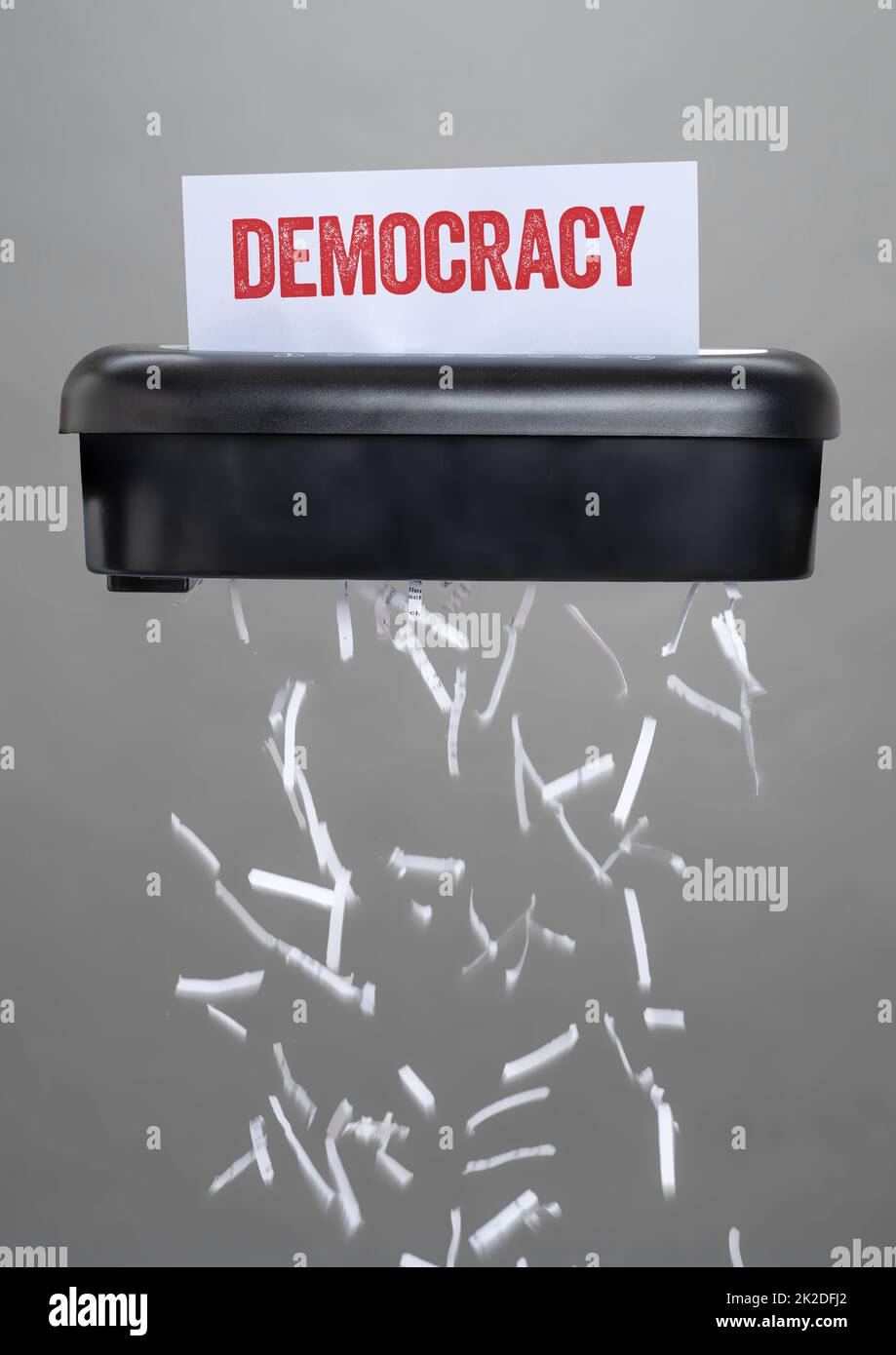Polls are a vital pillar of modern democracy. They play a critical role in understanding public opinion and promoting civic engagement. By capturing the diverse perspectives of individuals, they provide valuable insight into collective sentiment. This influences policy decisions and strengthens democratic dialogue. Learn about the vital importance of polls in civic engagement and informed decision-making.
Understanding the Concept of Polls and Democracy
Polls and Democracy serve as a crucial bridge between citizens and policymakers. They provide valuable insight into public sentiment and provide insight into specific issues. This ability to capture the nuances of public opinion is fundamental to a healthy and vibrant democracy.
Measuring Public Opinion
Democratic polls shed light on citizens’ preferences and concerns, acting as a barometer of the public mood. By collecting data on a variety of topics, they facilitate a deeper understanding of societal trends. This information is essential for governments and institutions seeking to respond effectively to the needs of the population.
Improving citizen participation
At the same time, surveys encourage active citizen participation in democratic processes. They do not only give individuals a voice in political debates and decisions. They also strengthen the sense of belonging and civic engagement. This active interaction with surveys allows citizens to directly contribute to shaping the political and social agenda.
Polls play an indispensable role in strengthening democracy, providing key insights into public opinion while promoting citizen engagement and participation. This dual function of polls underscores their importance in creating a society that is more inclusive and responsive to the needs and desires of its members.”
Polling as an Accountability Tool
Polls are a powerful accountability tool in a democratic setting. They can be used to ensure that the actions of leaders accurately reflect the will of the people. This ability to hold governments accountable for their decisions is a pillar of democracy. It allows for more transparent governance that is aligned with citizen expectations.
Ensuring that government actions resonate with public opinion
Polls provide a direct mechanism to measure approval or dissatisfaction with policies implemented by elected officials. By reflecting the opinions and concerns of voters, they provide leaders with a clear perspective on the effectiveness of their governance. They will know where adjustments or reforms are needed. This constant feedback encourages politicians to act in harmony with the wishes of their constituents. An approach that strengthens the bond of trust.
Surveys as a feedback mechanism for policies
Surveys act as a continuous feedback mechanism. They allow decision-makers to understand the impact of their policies on the daily lives of citizens. This accountability tool ensures that public policies are evaluated and revised based on their popularity and effectiveness. Elected officials are guided towards decisions that promote general well-being and public satisfaction.
Strengthening democracy through transparency and accountability
Surveys, by providing a channel to express public opinion, play a crucial role in strengthening democracy. They encourage a culture of transparency, where government actions are constantly evaluated in light of citizen expectations. This process of accountability helps build a more just society, where political decisions are made with the consent and for the benefit of the people.
The Future of Polling in a Democratic Society
The future of polling in a democratic society promises significant transformations thanks to technological and methodological advances. These innovations have the potential to greatly improve the accuracy and representativeness of polls.
Technological and Methodological Advances
Emerging technologies and big data analytics are opening new avenues for polling collection and interpretation. These tools can help minimize bias and increase the speed and efficiency of polls. This ensures more accurate insights into public opinion. In addition, improved polling methodologies can help increase the reliability of results. This goes without saying for more sophisticated sampling techniques that can provide real added value.
Strengthening participatory democracy
As polls become more accurate and representative, their ability to engage citizens in political decision-making increases. This evolution supports the principles of participatory democracy, encouraging broader and more active involvement of individuals. The future of polls could see an increase in interactive platforms where citizens do more than just answer questions. They can also contribute to the formation of surveys and the interpretation of data.
A tool for societal change
Polls, as they evolve, have the potential to become an even more powerful tool for societal change. By accurately and comprehensively capturing the voices of all segments of society, they can guide public policies towards actions that truly reflect the needs and desires of the population. This can contribute to a more equitable society, where every citizen has an equal share in leading development.
Ultimately, polls remain essential to support a healthy and responsive democracy, serving as a bridge between the people and politicians. Their role in expressing public opinion and informed decision-making is undeniable. However, addressing their limitations is crucial to fully exploit their democratic potential. Thus, polls continue to strengthen the vital link between polling and democracy, guiding the future towards more inclusive and representative participation.



